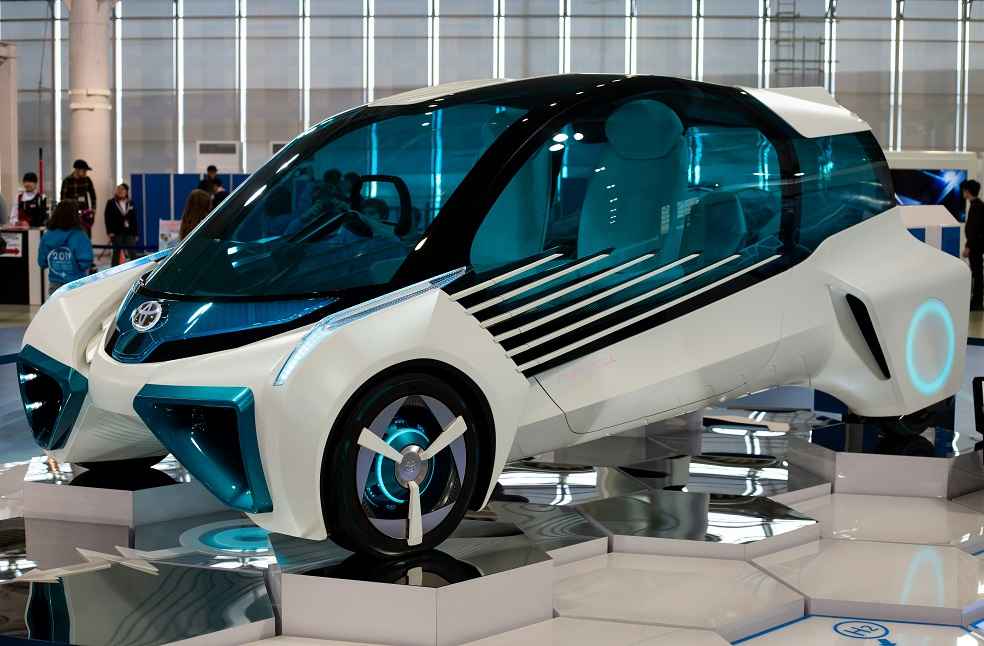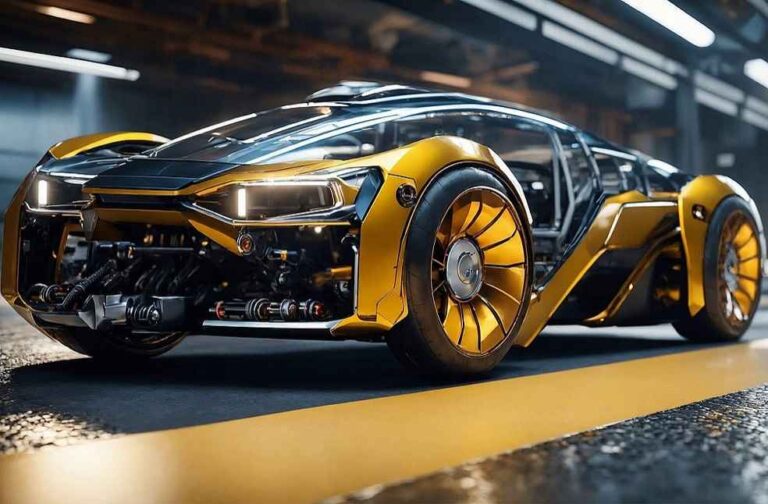Seoul: South Korea experienced a significant decline in exports of hydrogen-powered fuel cell electric vehicles (FCEVs) during the first five months of 2024. Shipments dropped by 74.2%, from 233 units in the same period last year to only 60 units. This decline culminated in zero exports in May 2024.
Key FCEV models from South Korea, including Hyundai Motor’s Nexo SUV and Xcient heavy-duty truck, have been impacted by this downturn. Despite this setback in the FCEV market, South Korean automakers Hyundai and Kia continue to dominate the US electric vehicle (EV) market, highlighting the complex and evolving landscape of the global automotive industry.
This sharp drop in FCEV exports raises questions about the factors influencing the demand for this technology, both domestically and internationally. Further analysis is needed to understand the underlying causes and potential implications for the future of FCEVs in South Korea and beyond.
About FCEVs

FCEV stands for Fuel Cell Electric Vehicle. It’s a type of electric vehicle that uses a fuel cell, instead of a battery, to power its on-board electric motor. The fuel cell combines hydrogen and oxygen to produce electricity, with water vapor being the only byproduct. This makes FCEVs a zero-emission transportation option.
DON’T MISS | EVs & FCEVs: Pioneers in Sustainable Auto Revolution





